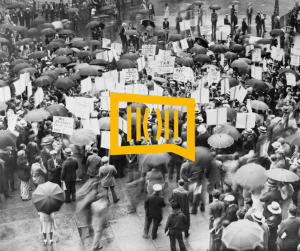A new study released by the European Commission on “Public financing of news media in the EU”, calls for transparency, independence and pluralism from EU Member States in funding news media, both public and private. The study builds on the particular context of recent reforms regarding the financial directions taken by the Member States in supporting news media to adapt to the changes in media consumption and cope with the impact of the Covid-19 pandemic.
Those evolutions need attention at the European level to guarantee the efficient functioning of democracy and media freedom, the report says. It confirms that the “precarious nature of the journalism profession is closely tied to the “declining quality of journalistic output”.
Common patterns have been identified across EU Member States, highlighting a lack of transparency in public financing, including clear disclosure of beneficiaries and conditions for support. Among the many European models analysed in the study, Belgium and Sweden stand out as worth replicating models in terms of eligibility, award criteria and independence. Both models focus mainly on public service media (PSM) in their support schemes.
Belgium has developed a series of key eligibility criteria for public subsidies, including the application of journalistic principles and code, compliance with the collective agreement in force for salaried journalists, frequency of publication and promotion of democratic values.
Sweden has introduced a support model in which independence is the cornerstone of the financial and political orientations. The Swedish model, with its long-term funding planning, ensures greater durability and longevity for PSM through six-year licence periods.
Regional and local media also face specific challenges that would benefit from further Member States’ attention. They are usually second-category beneficiaries, leading to economic pressure and news deserts. They have fewer opportunities than national media and are more subject to local authorities’ control.
As a response to these challenges regarding transparency and independence, the European Commission presented the European Media Freedom Act (EMFA) in September 2022, and the provisional agreement was adopted both by the European Parliament and the Council in January.
“The outcomes of this study once more show the importance of the European Media Freedom Act and why full transparency of beneficial ownership and public funds for state advertisement is urgent. Public funds must be distributed to a wide plurality of media service providers taking into account the national and local specificities. Unfortunately, the final text did not go far enough to establish also user-friendly and standardised media ownership EU-wide database,” said Renate Schroeder, EFJ Director.
Source: EFJ



